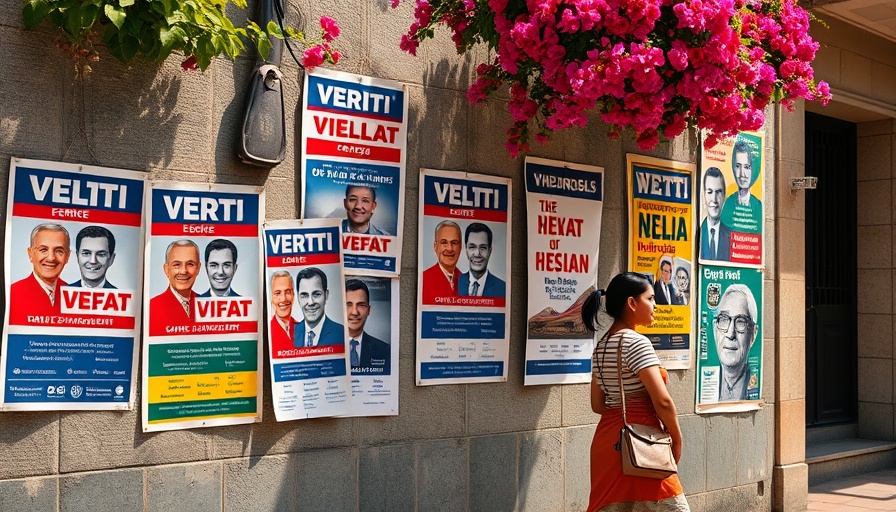
Power Cuts: A Ticking Time Bomb for Philippine Elections
The Philippines is gearing up for its midterm elections on May 12, where voters will select candidates for crucial positions including 12 senators and nearly 18,000 local officials. Yet as the election date approaches, a more pressing concern looms—power outages. These interruptions threaten not only the integrity of the electoral process but also the safety of poll workers, according to various climate and energy rights groups.
Long before technology reshaped the voting landscape, power outages have been directly linked to electoral fraud and the endangerment of election workers. In a nation where the electoral process is increasingly reliant on technology, any power disruptions on polling day could raise questions about the validity of the election results. Energy security has transformed into a critical electoral issue as local climate campaigners and energy experts warn of severe repercussions should blackouts occur.
The Reality of Power Outages
A study from the Philippine Institute for Development Studies (PIDS) reveals that power interruptions have become more frequent, with consumer hours lost to blackouts increasing by at least 10% since 2015. Luzon—the most populated island—has been particularly affected, with reports indicating that residents face an average of 28 electricity supply interruptions annually. Environmental and energy expert Krishna Ariola warns that electoral integrity could be compromised if these outages continue to plague the country, particularly on election day.
Rising Energy Demand and Seasonal Challenges
The National Grid Corporation of the Philippines raised its yellow alert earlier this March due to a high likelihood of unplanned outages resulting from demanding heat and increased energy consumption. The Department of Energy predicts that power demand in Luzon will spike by 5.4% this year, with even higher demands projected for other island clusters like Visayas and Mindanao. This mounting pressure raises alarms about how any lapses in power could derail the democratic process.
Preserving Electoral Integrity
"We cannot have an election at risk of failures due to our failure to secure dependable power," stated Atty. Ona Caritos, executive director of the Legal Network for Truthful Elections. She reflects the sentiments of numerous advocates who insist that immediate action is needed from energy authorities to ensure fair and safe elections.
Community and Environmental Impact
Power outages, while often seen as a mere logistical hurdle, hold broader implications for environmental conservation and community resilience. As citizens prepare to vote, the increasing visibility of issues like climate action and green energy is critical. The reliance on fossil fuels as a primary energy source only exacerbates the environmental challenges the Philippines faces, from climate change to biodiversity loss. Groups advocating for renewable energy solutions argue that a shift towards more sustainable options could not only help secure reliable power during elections but also promote long-term ecological well-being.
Calls for Sustainable Energy Solutions
Organizations and advocates urge a transition to green energy as a solution not only to power outages but also as a step toward fostering a more just electoral process. Clean energy offers viable solutions that could alleviate dependence on fossil fuels while addressing the needs of the populace. Incorporating renewable energy sources, such as solar power and sustainable development practices, could ensure that future elections are empowered by a reliable and eco-friendly energy supply.
Looking Ahead: Empowering Future Casts
As the Philippines faces the imminent risk of power outages during the crucial electoral period, the call for community engagement in sustainability initiatives is louder than ever. Learning to prioritize energy-efficient practices and renewable energy is essential for both the present and future of electoral integrity. Voters can advocate for green initiatives, ensuring their needs are met through sustainable practices, ultimately leading to a healthier environment and a stronger democratic process.
The threats posed by power outages to election integrity and safety should serve as a wake-up call for voters. As the country prepares to cast their ballots, it is vital to keep these pressing issues in mind and push for accountability within the energy sector.
 Add Row
Add Row  Add
Add 



Write A Comment